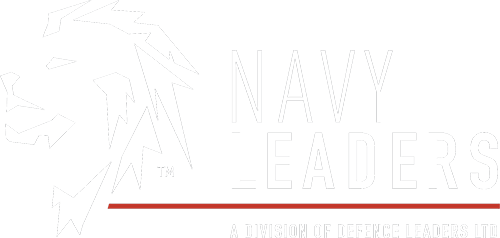Live Exercise Rounds Off REPMUS 2024 With A Bang
)
A live demonstration of how effectively uncrewed systems can work together to support multi-domain operations was staged on the final day of REPMUS 2024.
The world’s largest and most complex Maritime Unmanned Systems (MUS) exercise came to a close today (Thursday) in Troia, just south of Lisbon, Portugal after three weeks of intensive operational experimentation.
REPMUS stands for Robotic Experimentation, and Prototyping with Maritime Unmanned Systems. From its infancy in 2010 it has grown into an event this year involving 23 nations as active participants, with a further seven more observing.
In fact REPMUS 2024 has involved around 2,000 participants, along with 20 ships and roughly 700 separately staged events.
Today’s event saw a host of distinguished visitors being afforded a glimpse of exactly what had been put into practice across the previous three weeks.
Following a tour which took in some of the command and control (C2) facilities used in the exercises and a chance to examine some of the Unmanned Underwater, Surface and Aerial assets in play, the organisers staged a set-piece demonstration to the visitors to see some of them in action.
A four-strong fleet of UAVs deterred imminent threats, and USVs were dispatched to deploy assets to protect Critical Undersea Infrastructure (CUI).
Then in a climactic finale flying mini-drones launched from a UAV mothership bombed hostile targets on a beach ahead of an amphibious manned assault.
All in all it was a vivid demonstration of the way manned and unmanned systems can successfully team in multidomain operations. And it did a fine job of showcasing some of the wealth of research and development work that has been going on off the coast of Lisbon over the last three weeks.
And the way it manages to straddle the sweet spot between creative innovation and real-world application is just one of the reasons why Navy Leaders is teaming up with REPMUS to become a partner of the event.
To conclude, here are a selection of thoughts from assorted senior experts on just what makes REPMUS so unique and valuable:
Dr Giorgio Cioni, Director of Armament and Aerospace Capabilities, NATO:
“This event has proved to be so critical.”
“The threats we face today look so different to the ones we confronted in the past: 21st-century is about complexity. REPMUS is helping NATO to respond. It’s NATO’s robotic play-date… it’s all about pushing boundaries… a sandbox where we test, and learn.”
“We need to out-think, out-manoeuvre and outlast potential adversaries.”
“Keeping data secure is just as critical as protecting a ship.”
"Without common data standards, individual countries are “like a group of teenagers all texting different messages on different applications — no-one wants that level of chaos!”
“When we pool our resources and expertise we can face any challenge. It’s not just playing with rockets, it’s preparing for the future.”
Vice Admiral Didier Malaterre, Deputy Commander of Maritime Command, NATO:
“REPMUS is so important for the future of NATO. It is at the leading edge. Troia is in Europe a unique site for testing UUVs, USVs and UAVs.”
“Our operational advantage depends on our ability to learn and integrate this technology faster than our adversaries.”
“It is the opening of a new era for the naval maritime domain. War in the Ukraine is a teaching machine, however brutal.”
“The time to shape the future is now to help us deter, defend and if necessary, fight.”
Dr. Eric Pouliquen, Director, Centre for Maritime Research and Experimentation:
“Ukraine is an open laboratory to learn about today’s warfare and tomorrow’s warfare as well. Multi-domain operations require a revolution of mindset: they cannot work separately.”
#REPMUS24 #NavyLeaders #WeAreNATO #MaritimeUnmannedSystems #Strongertogether #Innovationtechnologies #InnovationNATO #CUI
